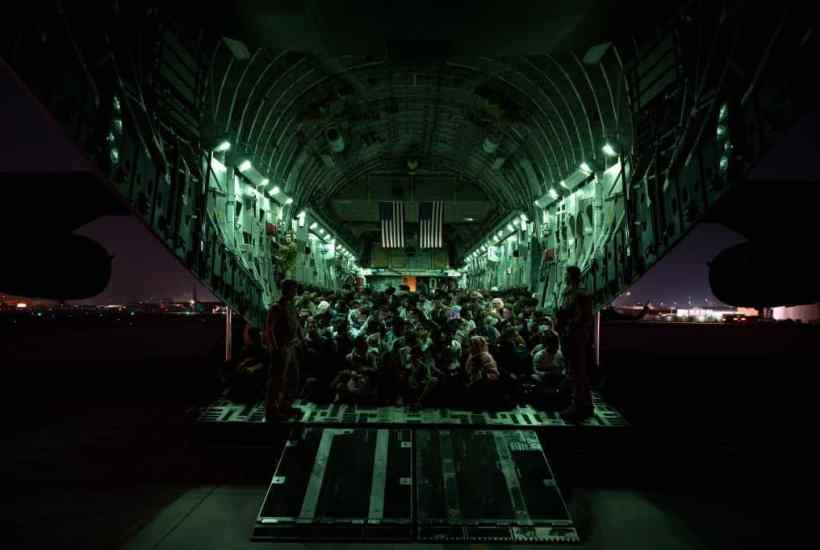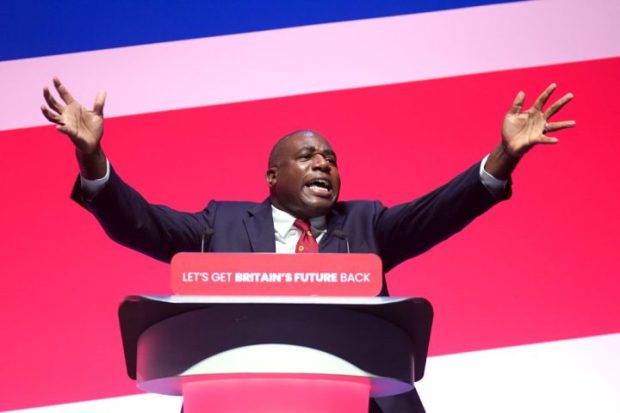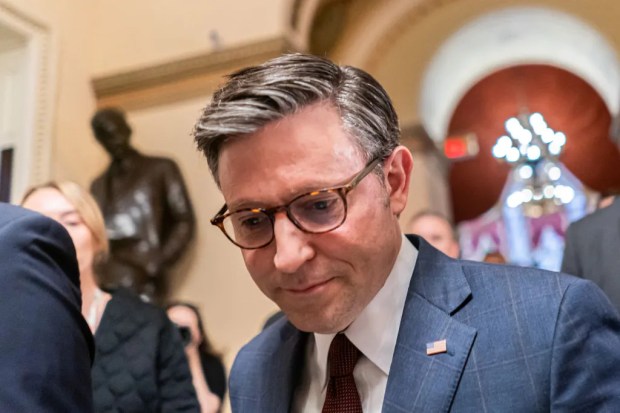Now that the dust from the choppers has settled, we are left with two abiding images of the West’s adventure in Afghanistan. The first is an American Chinook hovering over its embassy, rescuing staff in a botched evacuation. This debacle unfolded just weeks after president Biden promised the world there would be no parallel with the fall of Saigon, and ‘no circumstance where you see people being lifted off the roof of an embassy’. The second is a plane taking off from Kabul laden with 150 pets.
The general success of the war in Afghanistan never came down to British policy. It’s for Washington’s post-mortem to confront the difficult truths about the limits of military power in the pursuit of political objectives. The American state can take some comfort from the thought that British and Russian politicians past would recognise the quagmire they found themselves in. The question Britain has to answer is considerably simpler, but not necessarily less painful: do we still have a functioning Foreign Office?
The testimony of Raphael Marshall suggests we do not. It was obvious in August that something had gone badly awry with Britain’s evacuation, when government priorities lead to the juxtaposition of American soldiers lifting their dead for their final flight home while British soldiers loaded dogs onto a plane. That the evacuation was shambolic and subject to political interference was clear then. The degree to which the instruments of the British state simply collapsed under the strain was not.
Appeals from Afghans desperate for help went unread. Those who risked their lives to work with the British state guarding our Embassy were deemed ineligible for help. Very little effort was made to distinguish the truthfulness of claims of risk made. Priority was not given to those able to reach Kabul in time to be evacuated. Calls to Afghans for evacuation were made in English; there was no Dari or Pashto language capability. The BBC’s cleaning staff were evacuated while interpreters were left behind.
The process was chaotic, the prioritisation arbitrary, and the civil service inefficient. When logins for phone systems were lost, staffers were told that any attempt to obtain new logins to speed the evacuation was a security risk; the correct response was to wait 12 hours for the IT team to turn up for work in the morning. The team processing appeals consisted of six people, and at times there were no night shifts; on one Saturday afternoon the team consisted of Raphael Marshall alone. The expectation was for eight hours of work, five days a week; any more than that would be ‘selfish’ and interfere with a healthy ‘work-life balance’. There was no expertise on Afghanistan in the unit.
A government department cannot function with the agility of a startup, but we cannot have an effective state when the motto of the civil service may as well be ‘move slow but still break things’. We also cannot have an effective state without clear leadership, and a failure of this magnitude does not occur without at least some political assistance.
This was ably provided by the Prime Minister’s alleged instruction (which he has denied) to focus capacity on airlifting animals. When I wrote about this particular moral abomination in August, the Ministry of Defence insisted that no resources were diverted from operational work getting people out of Kabul. That was not credible at the time, even leaving aside the Defence Secretary claiming the exact opposite. It is somehow even less so today.
In evacuating Afghanistan, Britain faced a crippling lack of capacity not due to a lack of aircraft, but due to a limited number of troops able to bring people into the airport. People who had been approved for evacuation were turned away because of this constraint. And with the scarce logistical, military, and organisational attention we had, we airlifted pets.
 British armed forces disembarking a RAF Voyager aircraft at Brize Norton as they return from Kabul (Getty Images)
British armed forces disembarking a RAF Voyager aircraft at Brize Norton as they return from Kabul (Getty Images)
A war cannot be won without an achievable objective. In much the same light, policy cannot be implemented without clear instructions and aims. The failure of Britain’s Kabul evacuation may lack the grand scale of the end of American interventionism, but the combination of political and organisational disarray is painfully familiar.
What, exactly, did we hope to achieve with this evacuation? While it was impossible to help everyone, the point was surely to get out those who worked with us, who we owed a moral obligation to, and to show that we were a reliable friend and ally. Instead, we chose to evacuate dogs. We decided that esoteric Western domestic priorities will always be put ahead of the people we were supposedly there to help, and that Britain cannot be trusted to keep its promises to the people who help it.
Salisbury said of Afghanistan that ‘we cannot conquer it; we cannot leave it alone. We can only spare it to our utmost vigilance’. From a 21st century perspective, he may as well have been speaking of the wider world; the formless places which give rise to crime and terrorism that reach us wherever we are. When we next decide to intervene overseas, wherever it may be, we will once again turn to the local population for help and support. And when they decide whether or not to grant it, they will make their decision knowing that, in the end, the British state views them as less than dogs.
Got something to add? Join the discussion and comment below.
Get 10 issues for just $10
Subscribe to The Spectator Australia today for the next 10 magazine issues, plus full online access, for just $10.




















Comments
Don't miss out
Join the conversation with other Spectator Australia readers. Subscribe to leave a comment.
SUBSCRIBEAlready a subscriber? Log in